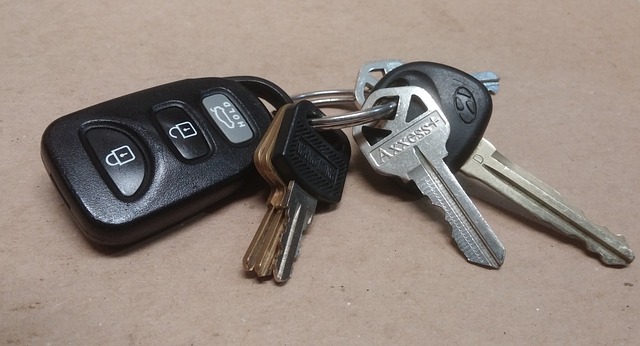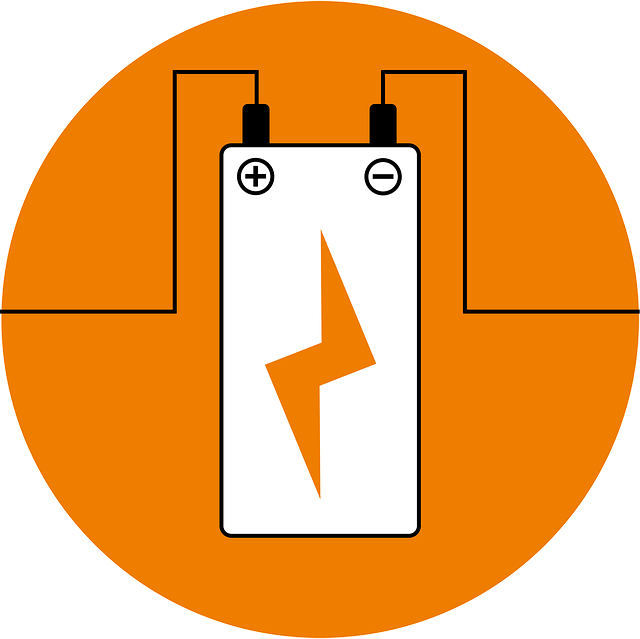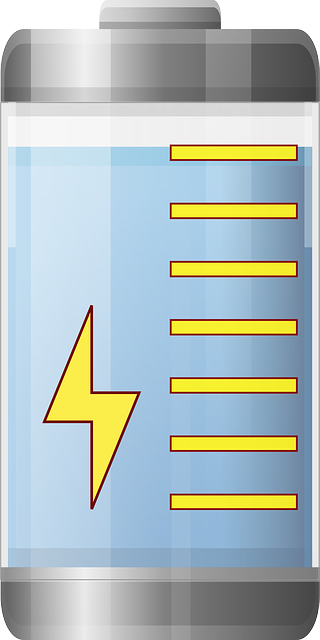Button battery ingestion is a critical health concern that requires immediate medical attention due to its potential to cause severe chemical burns and life-threatening injuries. These small, round batteries, often found in household devices, can inflict damage through an exothermic reaction with bodily fluids, leading to rapid tissue destruction and non-specific symptoms like abdominal pain and nausea. If a button battery perforates the esophagus or stomach, it poses a serious health risk. It's crucial for individuals, especially those with young children or pets, to be aware of this danger and act swiftly to prevent long-term health complications. The duration a battery remains in the body significantly impacts the severity of tissue damage and subsequent health outcomes. Preventative measures include secure battery compartments, regular checks for loose batteries, and proper disposal to avoid accidental ingestion. If a button battery is suspected to be ingested, seek specialized medical care immediately and do not attempt to retrieve it yourself due to the risk of exacerbating injuries from the corrosive substances released by the battery. Safety measures and prompt intervention are key in managing the risks associated with button batteries and minimizing their impact on health.
Button batteries, small yet potent, pose significant risks upon ingestion. Understanding the immediate and long-term complications is crucial for prompt identification and effective intervention. This article delves into the signs of ingested battery complications, from recognizing the risks to implementing preventive measures and emergency protocols. Recognizing these indicators can be lifesaving, as delayed response can lead to severe harm. Navigate through the sections to stay informed on how to safeguard against and manage button battery ingestion.
- Identifying the Risks: The Dangers of Button Battery Ingestion
- Immediate Symptoms and Signs to Watch for After Ingesting a Button Battery
- Long-Term Complications Arising from Button Battery Ingestion
- Preventive Measures and Emergency Protocols for Button Battery Exposure
Identifying the Risks: The Dangers of Button Battery Ingestion

Identifying the risks associated with button battery ingestion is paramount for preventing serious health complications. Button batteries, small, round cells often found in household items such as remote controls, musical greeting cards, and hearing aids, pose significant hazards if swallowed. These batteries can cause severe chemical burns to delicate oral and gastric tissues due to the high voltage they carry. The corrosive nature of the electrolyte within these batteries catalyzes an exothermic reaction upon contact with body fluids, leading to rapid tissue damage that may not be immediately apparent. Symptoms can range from mild abdominal pain and nausea to more severe complications like perforation of the esophagus or stomach, which require immediate medical intervention. It is crucial for individuals who suspect button battery ingestion, particularly in young children or pets, to seek prompt medical attention. The longer a button battery remains in the body, the greater the risk of tissue injury and long-term health consequences. Therefore, awareness of the potential dangers, coupled with swift action, can significantly enhance the chances of a favorable outcome and prevent the serious complications that can arise from ingested button batteries.
Immediate Symptoms and Signs to Watch for After Ingesting a Button Battery

Long-Term Complications Arising from Button Battery Ingestion

Button batteries, often found in everyday household items such as watches, hearing aids, and remote controls, pose significant health risks if ingested. The severity of complications from button battery ingestion is not immediate; rather, it can manifest over time due to the corrosive nature of these batteries. Prolonged exposure to the caustic substances within a button battery can lead to persistent gastrointestinal issues, causing damage that may not be readily apparent. This delayed reaction can result in perforation of the digestive tract, which is a serious and potentially life-threatening condition requiring immediate surgical intervention. Furthermore, the alkaline substances released by the battery during this process can cause chemical burns as they erode tissue along the gastrointestinal pathway. The long-term complications can extend beyond the gastrointestinal tract, with potential impacts on adjacent organs and systems, leading to chronic conditions such as strictures or even fistulas if left untreated. It is crucial for individuals who suspect button battery ingestion to seek medical attention promptly, as early intervention can significantly reduce the risk of long-term complications. Awareness and quick response are key in preventing the severe outcomes that can arise from this type of ingestion.
Preventive Measures and Emergency Protocols for Button Battery Exposure

If a button battery is accidentally ingested, immediate action is critical to prevent serious complications. The first line of defense is to remain calm and seek professional medical assistance promptly. Medical professionals can perform X-rays or endoscopies to locate the battery and decide on the safest course of action. Preventive measures begin with keeping button batteries out of reach of children and securely fastened in devices. Regularly check toys and household items for loose batteries, ensuring they are properly stored when not in use. It’s also important to educate oneself and others, particularly caregivers of young children, on the risks associated with button batteries and the importance of proper disposal. In the event of exposure, never attempt to retrieve the battery if it is suspected to be lodged in the esophagus or stomach, as this can increase the risk of chemical burns. Instead, medical personnel should handle all situations involving ingested button batteries due to the potential for caustic alkaline release, which can cause severe damage if not addressed swiftly and effectively. Always prioritize safety and immediate medical intervention in the case of button battery exposure.
In conclusion, the ingestion of button batteries poses significant health risks that necessitate immediate medical attention. Vigilance and awareness are key in identifying symptoms and signs promptly, which can be critical to preventing serious complications. The potential long-term effects of button battery ingestion underscore the importance of implementing preventive measures and adhering to established emergency protocols. To safeguard against these dangers, it is imperative for individuals, especially those with young children or pets, to exercise caution with button batteries and to dispose of or store them securely. By staying informed and proactive, we can mitigate the risks associated with these seemingly innocuous items, ensuring a safer environment for all.



